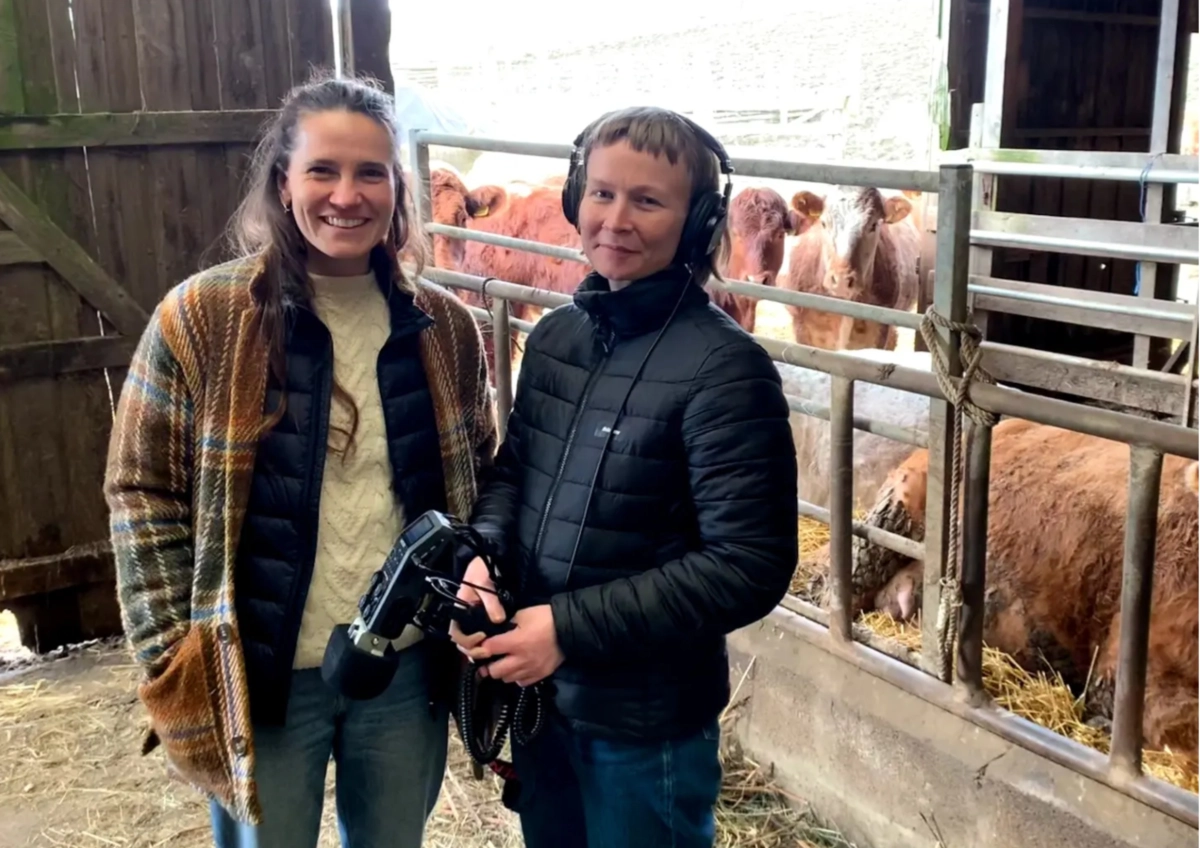Trying to make the ‘perfect’ decision over such a thorny issue is simply not possible. Instead, aim for ‘less’ and ‘better’.

What is the “right” approach to meat?
There’s no doubt that industrial animal agriculture carries a laundry list of sins; greenhouse gas emissions, biodiversity loss, deforestation, water pollution and labor rights abuses are just a few examples. But there’s also evidence that some regenerative grazing practices can enhance biodiversity, improve soil health and—possibly—sequester carbon. Not only that, but animal husbandry also has significant cultural value and eating animal products can have health benefits.
For some people, eschewing meat—or even all animal products—entirely is the only reasonable course of action. But for those who don’t want to go so far, “less” and “better” can seem like a pragmatic solution: There’s no need to cut out meat altogether; just cut down. Choose quality over quantity. Dig a little deeper, however, and things once again get very confusing. How much less is less? And how do we determine which meat is better?
Are chicken and pork the most climate-friendly options? Is it better for the planet to eat locally or organically? What’s the impact on my physical health of choosing one meat—or one meat alternative—over another? To be able to weigh up all these questions and accurately calculate which kind of meat and how much is “OK” for us to eat, the average consumer would need far more information, time and energy than anyone typically has at the grocery store. It can feel like we’re doomed to fail before we’ve even made a start.
Here’s the thing: There is no right answer when it comes to meat. And that’s OK.
These questions and warring data points spurred us to make Less and Better?, our new podcast series from Farmerama Radio. Exasperated and concerned by the lack of nuance around this pressing issue, we wanted to try a different approach—one that attempts to illuminate the values and priorities that underlie even the most allegedly scientifically motivated positions.
For many people, the answer is simple: Just go vegan, or at least vegetarian. Studies show that diets without animal products have one-fourth the climate impact of meat-filled diets—from using less water and land and producing fewer carbon emissions. Rather than wrestling with the “best” meat to eat, many choose to forgo it altogether.
But not everyone can do that. Meat holds cultural significance for many, and it can have nutritional benefits. There’s also a difference between heavily processed meat products and unprocessed meat, both in their effects on the body and the climate. So, for folks unable or unwilling to give up meat entirely, eating better-quality meat, and less of it, is the best approach. But even then, there are questions. The “right” answers to questions of how much less or what is better depend not only on a dizzying array of complex data but fundamentally hinge on which outcomes you believe are worth pursuing. Some argue that intensive factory farms produce fewer greenhouse gas emissions, in general, than extensive, pasture-fed systems. Others disagree strongly with this, but say, for the sake of argument, we accept this as true. At first, it seems simple: “Better” meat is factory-farmed meat. Now we just need to figure out how much “less” we should eat.
But what if we think the most important issues are biodiversity loss and ecosystem health? Or water pollution? Or workers’ rights? Or animal welfare? We address each of these issues in our series, and each of them points to a potentially different answer. On that last point, for example, animal welfare scientist Professor Françoise Wemelsfelder argues that recognizing farm animals as sentient beings “probably means that large industrial farming systems are not morally feasible.”
Wrestling with these concepts and questions is a valuable and valid exercise; it’s commendable to make decisions about your consumption and purchases that reflect your morals and values. But, like comparing apples with oranges, trying to find the perfect answer is an impossible task. It could even have negative mental health outcomes. Research in the field of consumer behavior has shown that we can experience negative emotions when trying to make choices that force us to make “emotionally laden trade-offs.” And, higher levels of eco-anxiety are reported among folks with more environmental awareness.
What “less” and “better” means for you also depends on what interests, values and biases underlie your particular vision of what the world could, and should, look like. Efforts to boil less and better down to simplistic questions of CO2 emissions per livestock unit or the relative technical merits of soil carbon sequestration versus cellular agriculture ignore political questions. Questions such as who benefits? Who holds the power? Who has access to “better” meat? And what kind of future are we building?
Ultimately, we don’t think it’s possible to provide a simple, silver-bullet answer to the question of what constitutes “less” and “better” meat. But we also think that’s kind of the whole point. When it comes to less and better meat, we think the real question we need to ask is better for whom and for what?
Listen to the podcast series Less and Better? by Farmerama Radio here.
There is no reason to eat less meat. Properly raised meat is good for you and good for the environment. Suggesting that cattle are a contributing cause to rising co2 emissions is like sticking your finger in an Olympic swimming pool and saying that contributed to the water level rising. Switch from factory farming to regenerative practices because it’s good for your health and the environment, but it has nothing to do with “climate change.”
Please proofread this article
Get woke, go broke.